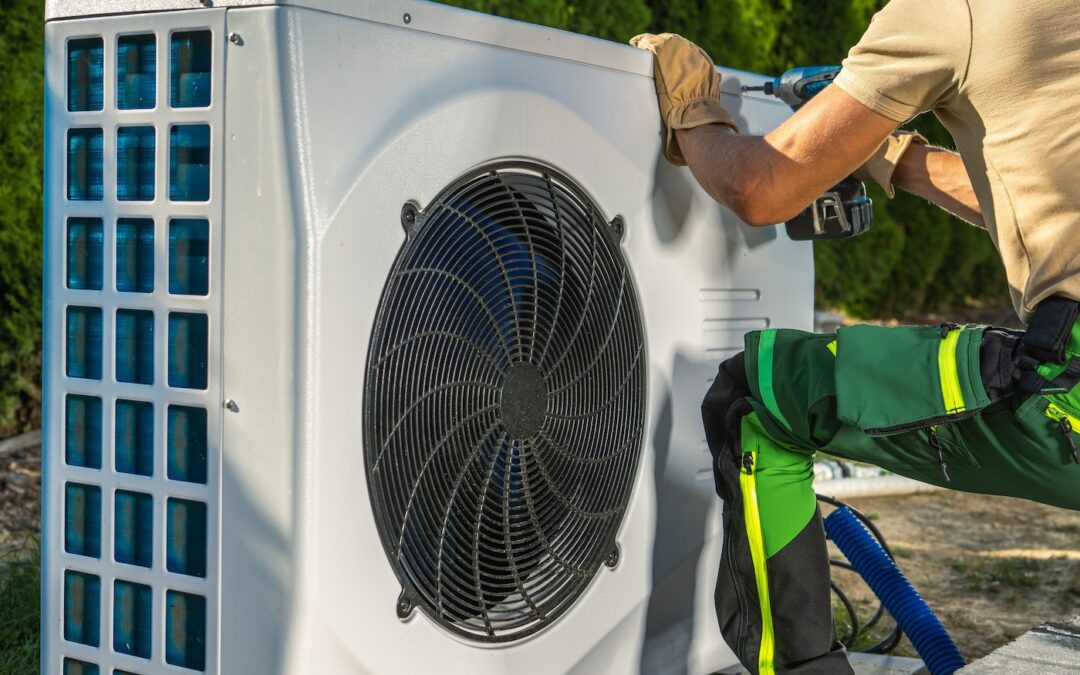
#image_title
In Macomb County, Michigan, people flushing disposable wipes is wreaking havoc on the Red Run Drain. Experts say coronavirus germs could linger on these wipes washing up into residents’ backyards.
MICHIGAN — Macomb resident Angela Vettraino is fed up.
She’s tired of disposable wipes being flushed down toilets and winding up in the Red Run Drain, which borders Madison Heights in Oakland County through Warren and Sterling Heights within Macomb County.
Vettraino is in a Facebook group called “Save Lake St. Clair” and she has several reasons to be concerned about the Drain, especially now that the coronavirus has people using more disinfecting wipes.
And health experts say the virus lingers on them, even as they wash up near her home.
“I have a lot of family and friends that live in Sterling Heights and Warren near the Red Run Drain. I also grew up boating and swimming in Lake St. Clair which is affected by it,” she said. “I have always been concerned about the pollution of our water. My concern for our water led me to understand all the ways in which pollution, mostly focusing on partially treated sewage water, affected Lake St. Clair, including the infrastructure that filters and cleans it.”
Vettraino learned from researching disposable wipes that most of them aren’t really flushable and biodegradable.
“Many of the manufacturers that package wipes state that they are flushable and that could be very misleading or false advertising,” Vettraino said, adding that consumers need to understand the implications of flushing wipes. “If wipes make it through the sewer system without causing a problem, they can still create problems once they accumulate and hit the sewage treatment plant.”
Bryan Clor, division head of Waste Water Treatment at the Warren Water Recovery Facility, agrees. He said that the longtime problem of disposable wipes is now exacerbated by the coronavirus, COVID-19, because people are flushing wipes and paper towels down the toilet now more than ever due to the toilet paper shortage.

Fatbergs, or clumpy greaseballs, are the end result of wipes that mix up with other debris when they wind up at the treatment facility in Warren.
Photo courtesy of Bryan Clor
“If you are using flushable wipes they don’t break up and the virus possibly has the ability to stay and live on the disposed wipes for longer,” Clor said, adding that people believe that removing wipes with potential coronavirus germs on them is best done by flushing them versus throwing them away. But that’s the worst thing one could do.
“They need to be disposed of in your garbage,” Clor said.
Clor said that all hope is not lost. Studies are being done on the coronavirus and how it survives in waste water treatment facilities.
“Waste water is not a good environment for it to grow and reproduce, now if we are putting it on wipes, which are not breaking down we’re giving it opportunity to live for longer and last in waste water when it should actually be gone,” Clor said.
He added that, however, because COVID-19 has to compete with other viral agents in waste water that are out producing it, COVID-19 is essentially ineffective.
“It is reducing by 75 percent in the waste water before going out to through the stream — all the waste water disinfection treatments are completely destroying the virus,” Clor said. “We are still your first line of defense in water waste. We have to treat all of that water.”
Clor and his team are taking proactive measures to ensure that the Drain, and other bodies of water, are protected. To combat viral problems the treatment plant is using UV disinfection chlorination working 100 percent of the time so the waters in the state are “fully protected.”
The treatment plant also has a bar screen in front of their treatment process facility. The modified five-eighths of an inch bars on the screen protect facility pumps so that when flushable wipes (which float) pollute the rivers at a treatment plant the damage is minimal.
“Wipes are wrapping on our screen and the treatment plant is filling dumpsters with wipes,” he said. He also said that toilet paper breaks down well into microscopic pieces which turn the water grey by the time it reaches the treatment plant. And wipes aren’t the only inappropriate things flushed down the toilet.
“You won’t believe what people flush down the toilet: hypodermic needles, tampon applicators,” Clor said, adding that people also flush grease down the toilet.
By the time it reaches the treatment facility it mixes up with wipes and solidifies into this clumpy greaseball known as a fatberg. The fatberg causes issues like blockages, and could happen at home sewers, too.

Photo courtesy Willi Gutmann
“If you plug your sewers what are you going to do?” Clor asked, adding that water treatment smarts starts with you.
“Everybody in our state enjoys fishing, boating — without waste water treatment you can’t do these things,” he said. “We protect waters in the state and what we discharge to Warren and the state, and what you drink.”
He also added that at this point, it’s safer for consumers to drink treated tap water than bottled water because the bottles might have contaminants on it.
Warren resident Willi Gutmann, who runs a Red Run Drain Facebook page and blog, said that the Red Run moves a massive amount of stormwater through Warren and Sterling Heights to the Clinton River. Gutmann has previously taken pictures of Red Run showing the debris surrounding it from wipes.
“The whole thing has filled with combined sewage overflow numerous times,” he said of the Drain flowing toward the Ryan Road Bridge in Warren. The bridge is 130 feet across and it’s about 20 feet deep in most spots. All disinfecting and personal hygiene wipes should be thrown in the trash regardless of what the outer packaging says.”
Vettraino said that through conversation with many consumers of wet wipes that they actually do not show much concern, even when told where the wipes go.
“Possibly more awareness and education to consumers could help. However, it would be extremely helpful for the manufacturers to make changes,” she said. “As a community, it may be best to go beyond the consumers and get the government involved to force manufacturers to comply with standards that make wipes quickly biodegradable.”
She added that the local sewage infrastructure needs updating and that costs money and consumers will be left paying the bill.
“If we can educate consumers on how to be proactive and preventative it may buy us some time until we find a solution,” Vettraino said.
Macomb County Public Works Commissioner Candice Miller didn’t respond to requests for a quote by press time.

From the top: What is this Inflation Reduction Act that’s so important to the presidential election?
It’s part of President Biden’s legislative agenda—the most productive in generations, yet few Americans know all the details of how it improves...

Here’s how to lower your home’s energy bill under the Inflation Reduction Act
It begins with assessing your home’s current energy use, planning improvements, then getting connected to the credits and rebates that can create...

Biden’s EPA announces rules to slash coal pollution, speed up clean energy projects
The Biden administration last month announced a set of four final rules designed to reduce harmful pollution from power plants fired by fossil...

How to apply for a job in the American Climate Corps
The Biden administration announced its plans to expand its New Deal-style American Climate Corps (ACC) green jobs training program last week. ...




